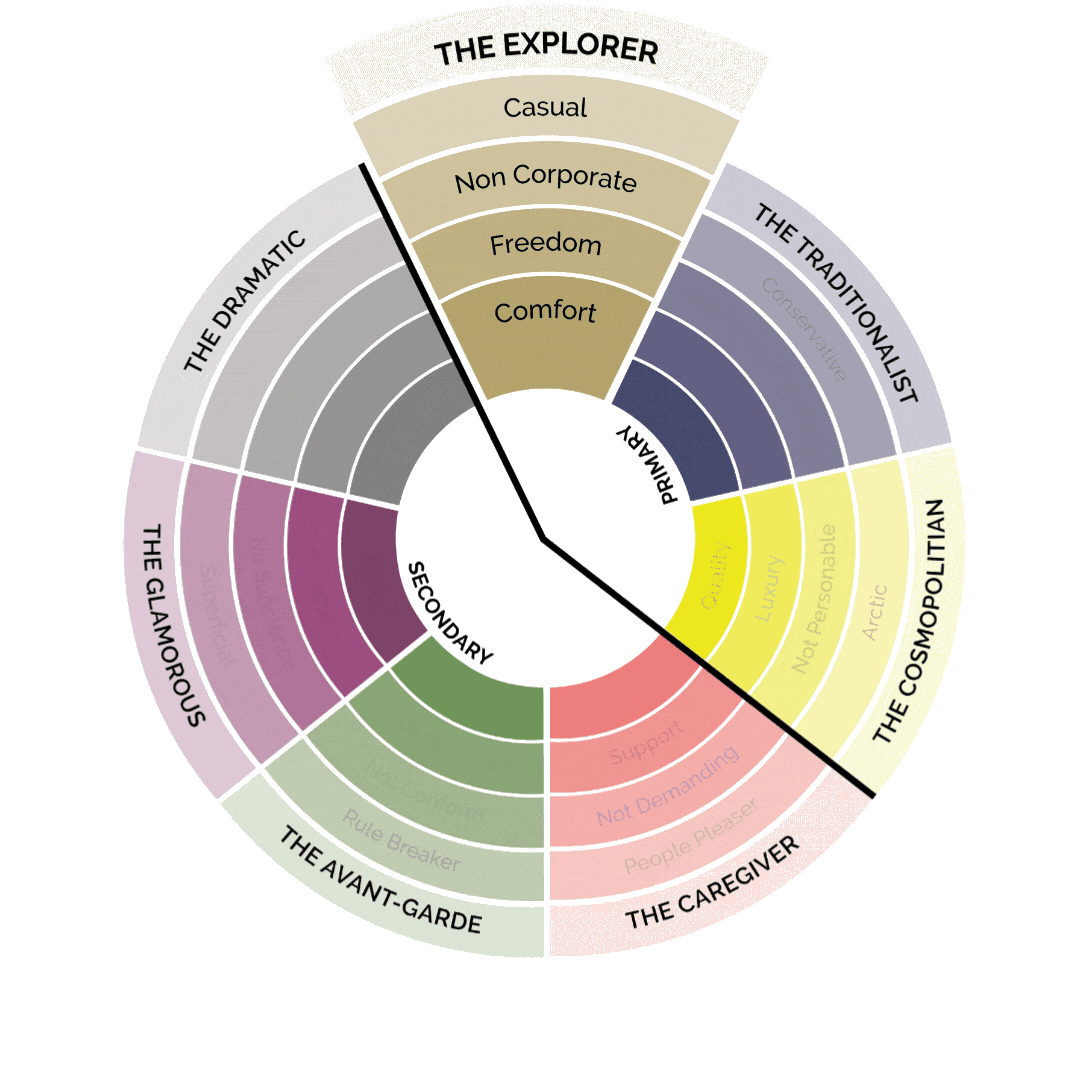The Benefits of Developing Emotional Intelligence
In today’s fast-paced, competitive world, the ability to understand and manage emotions is becoming increasingly important. Emotional intelligence is the set of abilities that allows professionals in the workplace to recognize and regulate their own emotions, as well as empathize with the emotions of others. Let’s explore the many benefits of developing emotional intelligence and provide practical tips on how you can improve your emotional intelligence skills.
1. Understanding Emotional Intelligence
Definition of Emotional Intelligence
Emotional intelligence is defined as the ability to identify, understand, and manage one’s own emotions, as well as the emotions of others. It involves knowing how to regulate emotions in order to achieve desired outcomes, such as managing stress and building better relationships. It also involves being able to recognize and empathize with the emotions of others in order to build stronger connections and foster greater cooperation and collaboration.
Professionals with high emotional intelligence use this skill to guide their behavior and interactions. They can manage their emotions effectively, and are skilled at building strong relationships with others.
The Five Components of Emotional Intelligence
The five components of emotional intelligence, according to Daniel Goleman (author of Emotional Intelligence – Why it can matter more than IQ) are self-awareness, self-regulation, motivation, empathy, and social skills.
Self-Awareness
Self-awareness is the ability to recognize and understand one’s own emotions. This involves being able to identify and label emotions accurately and understand how they affect behavior and decision-making. Professionals with high self-awareness are able to recognize their own strengths and weaknesses and are able to use this information to guide their behavior and interactions with others.
Self-Regulation
Self-regulation involves developing the skills to control and manage emotions effectively. This involves being able to regulate one’s own emotions in order to achieve desired outcomes, such as managing stress and building better relationships. Professionals with high self-regulation are able to control their emotions in difficult situations and are able to maintain a positive attitude even in the face of adversity.
Motivation
Motivation refers to the drive to achieve one’s goals. Professionals with high motivation are able to set goals and work towards them effectively. They are able to stay focused on their goals, even in the face of obstacles and setbacks.
Empathy
Empathy involves understanding and empathizing with the emotions of others. Professionals with high empathy are able to recognize and understand the emotions of others and are able to respond appropriately. They are able to build strong connections with others and are able to foster greater cooperation and collaboration.
Social Skills
Social skills are the ability to communicate effectively and build strong relationships with others. Professionals with high social skills are able to communicate clearly and effectively and are able to build strong relationships with others. They are able to work effectively in teams and are able to resolve conflicts, and solve problems collaboratively.
By developing the five components of emotional intelligence, professionals can improve their ability to manage their own emotions and understand the emotions of others. This can lead to greater success in both personal and professional life.
2. The Role of Emotional Intelligence in Professional Life
Emotional Intelligence in Leadership
Effective leaders are often those with strong emotional intelligence skills. By understanding and empathizing with the emotions of their team members, leaders can build stronger connections and motivate their employees more effectively. This can lead to increased job satisfaction, improved morale, and higher levels of productivity.
Leaders with high emotional intelligence are also able to recognize and respond to the needs of their team members. They may be more attuned to the stress levels of their employees and can offer support and resources to help them manage their workload. This can lead to a more positive work environment and can help to reduce employee turnover.
Teamwork and Emotional Intelligence
Emotional intelligence is also a key aspect of effective teamwork. By developing the skills to recognize and empathize with the emotions of fellow team members, individuals can build stronger relationships and help facilitate more effective collaboration. This can lead to improved communication, increased trust, and better problem-solving skills.
Emotional intelligence is particularly important in high-pressure work environments, where effective teamwork is critical to achieving desired outcomes. In these situations, individuals who are able to remain calm and focused, while also recognizing and responding to the emotions of their team members, can help to keep the team on track and working together effectively.
3. Ways to Improve Your Emotional Intelligence
Mindfulness and Emotional Intelligence
One of the most effective ways to develop greater emotional intelligence is through mindfulness practices. Mindfulness involves cultivating greater awareness and attention to the present moment, which can help individuals develop greater self-awareness and self-regulation skills.
Emotional Intelligence Training and Courses
There are also a number of books, training programs, and courses available that can help professionals develop their emotional intelligence skills. Sylvie di Giusto’s programs focus on specific aspects of emotional intelligence, such as visual intelligence, behavioral intelligence, verbal and non-verbal intelligence, digital intelligence, and social intelligence.
4. The Long-Term Benefits of Emotional Intelligence
Emotional Intelligence and Mental Health
Developing greater emotional intelligence skills can also have long-term benefits for professionals’ overall mental health and well-being. By improving emotional regulation skills, they can reduce the risk of developing mood or anxiety disorders. Emotional intelligence can also improve overall self-esteem and sense of purpose, which can contribute to greater overall happiness and satisfaction.
How Emotional Intelligence Contributes to Success
Finally, developing greater emotional intelligence skills can also contribute to greater overall success in both—individual and organizational success. By developing stronger relationships and better communication skills, professionals can accomplish tasks more effectively and build a strong support network to help them achieve their goals. Additionally, strong emotional intelligence skills can help individuals navigate difficult situations more effectively, leading to greater overall success and satisfaction in life.
In conclusion, developing emotional intelligence is a key component to achieving greater success and happiness in life. By understanding and regulating our own emotions, as well as empathizing with the emotions of others, professionals can build stronger relationships, work more effectively with others, and achieve greater overall success.
5 COMPONENTS OF EMOTIONAL INTELLIGENCE AT WORK IN A NUTSHELL
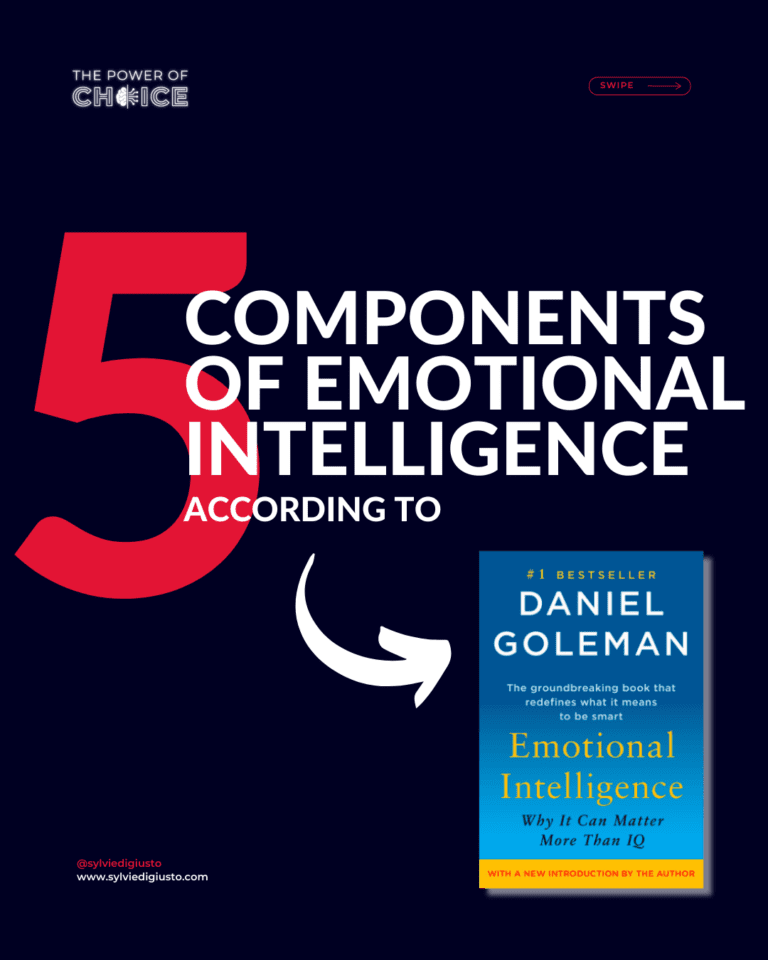
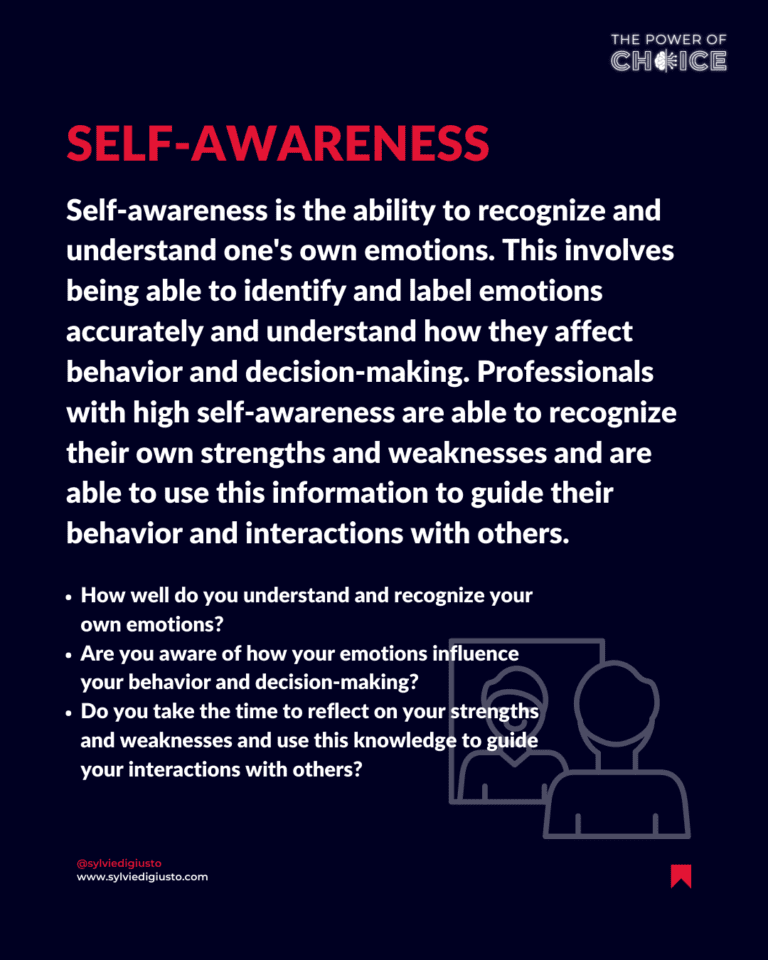
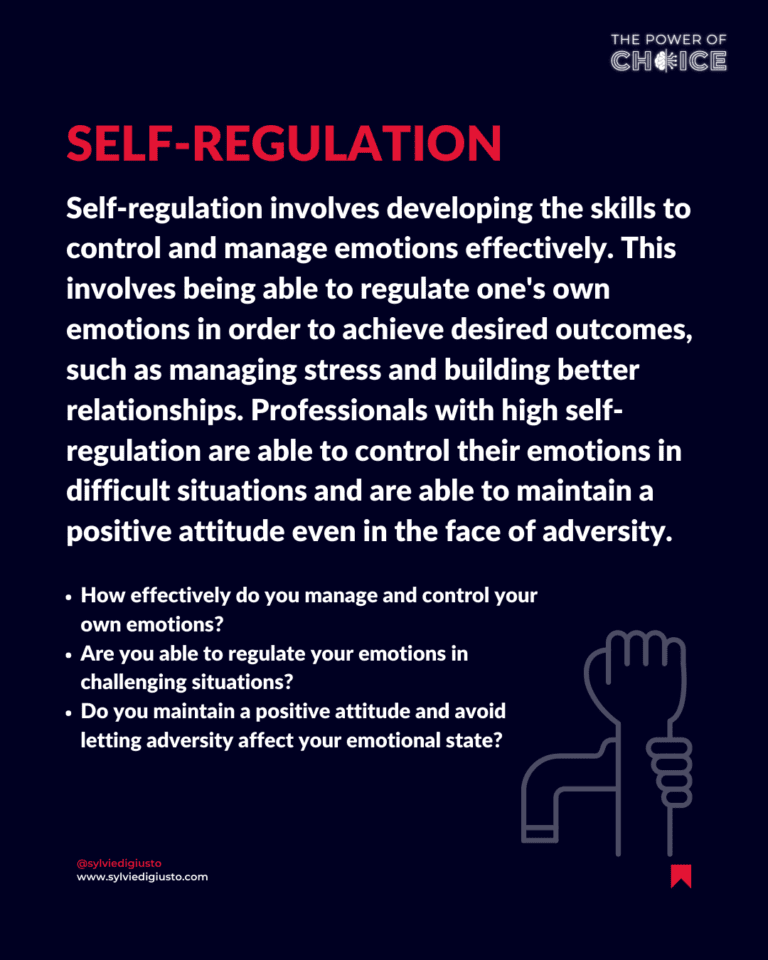
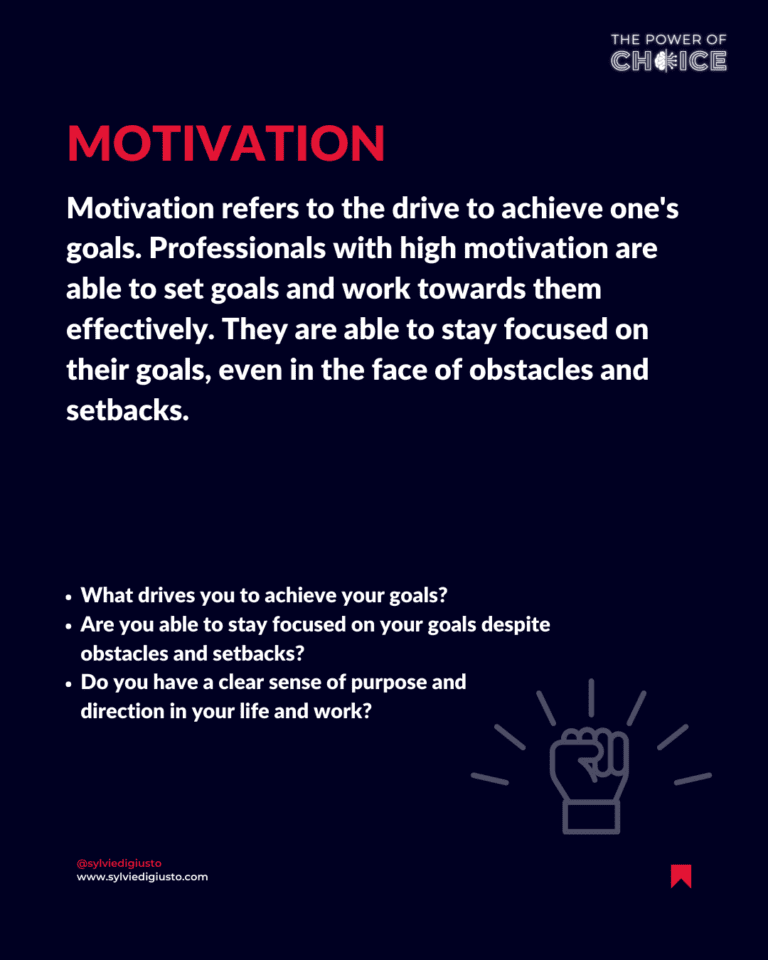
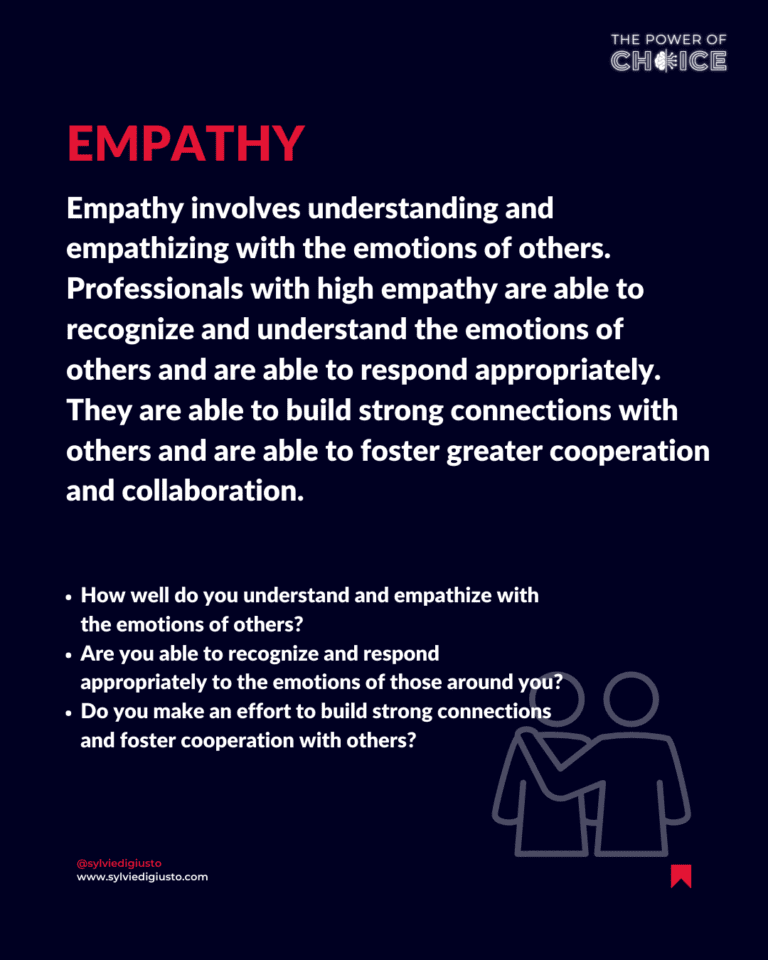
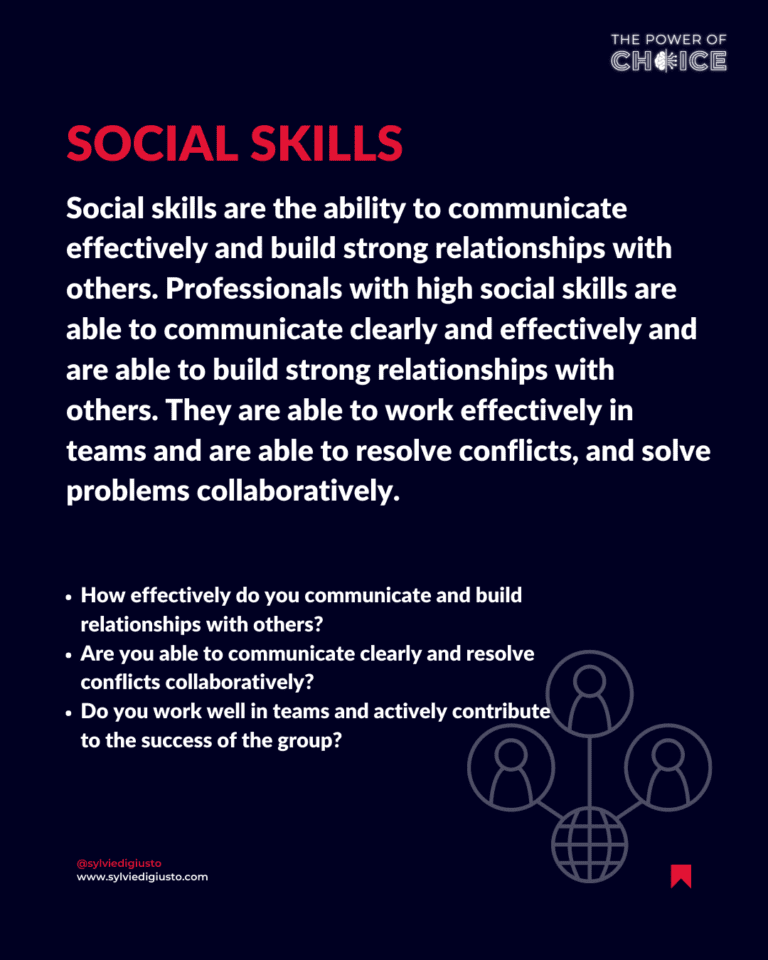

PS: Interested in more content like this? Make sure to follow me on Instagram. It’s where I visualize and publish my thoughts daily. I hope to see you there.




